UGANDA with Kelsey Williamson: Gorillas, Chimps, and Savannah Wildlife Expedition (8 days + 6 day optional extension)
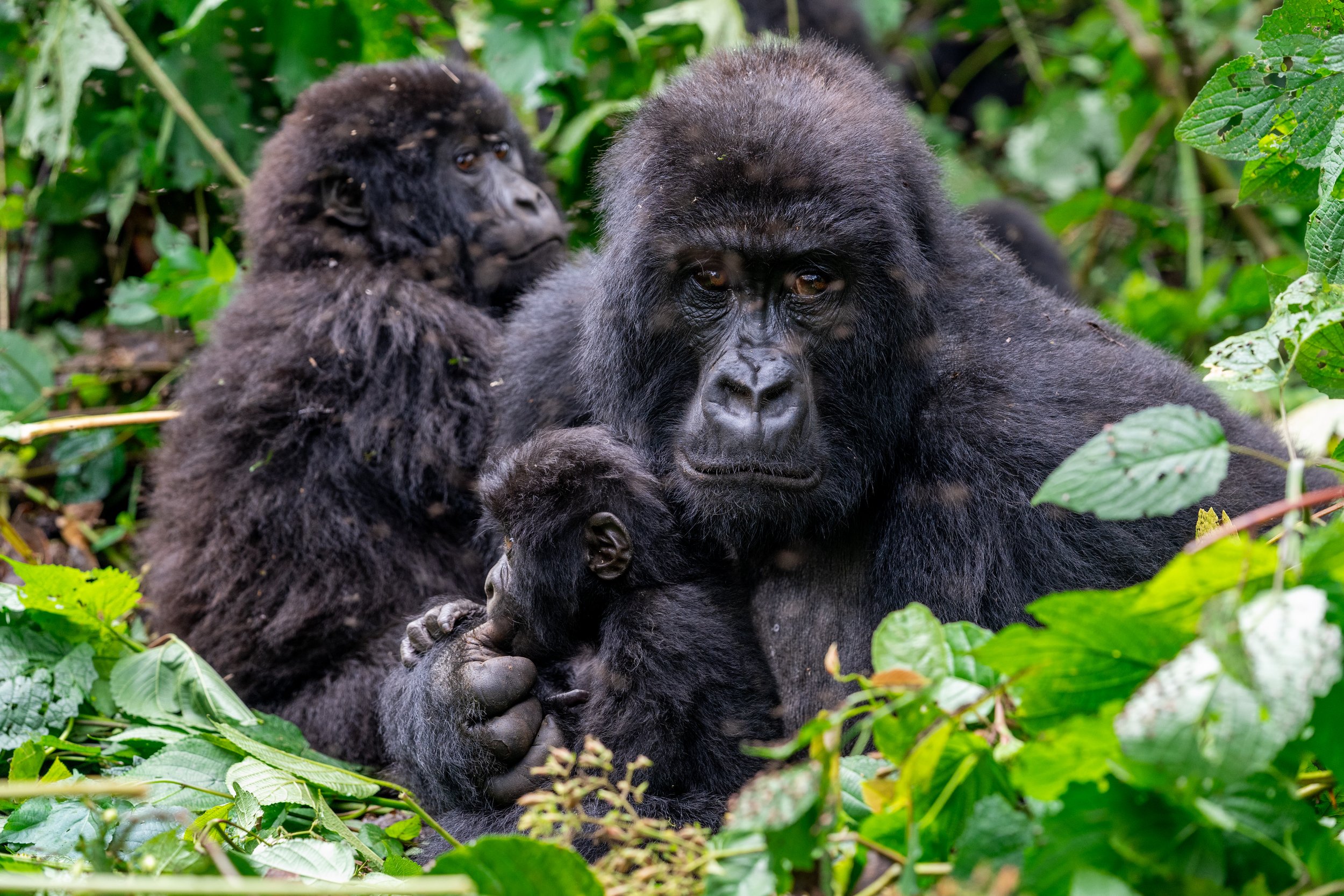
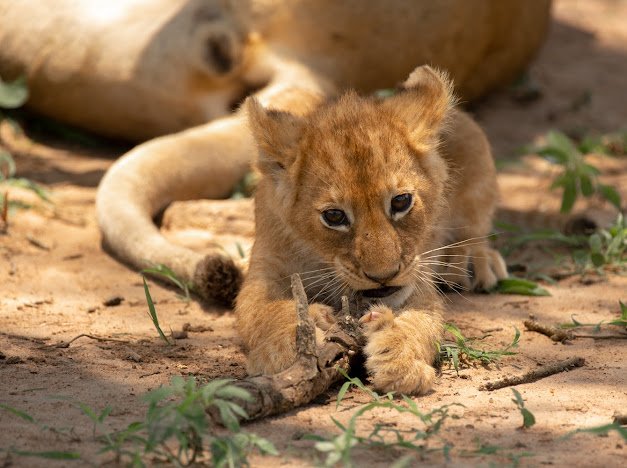
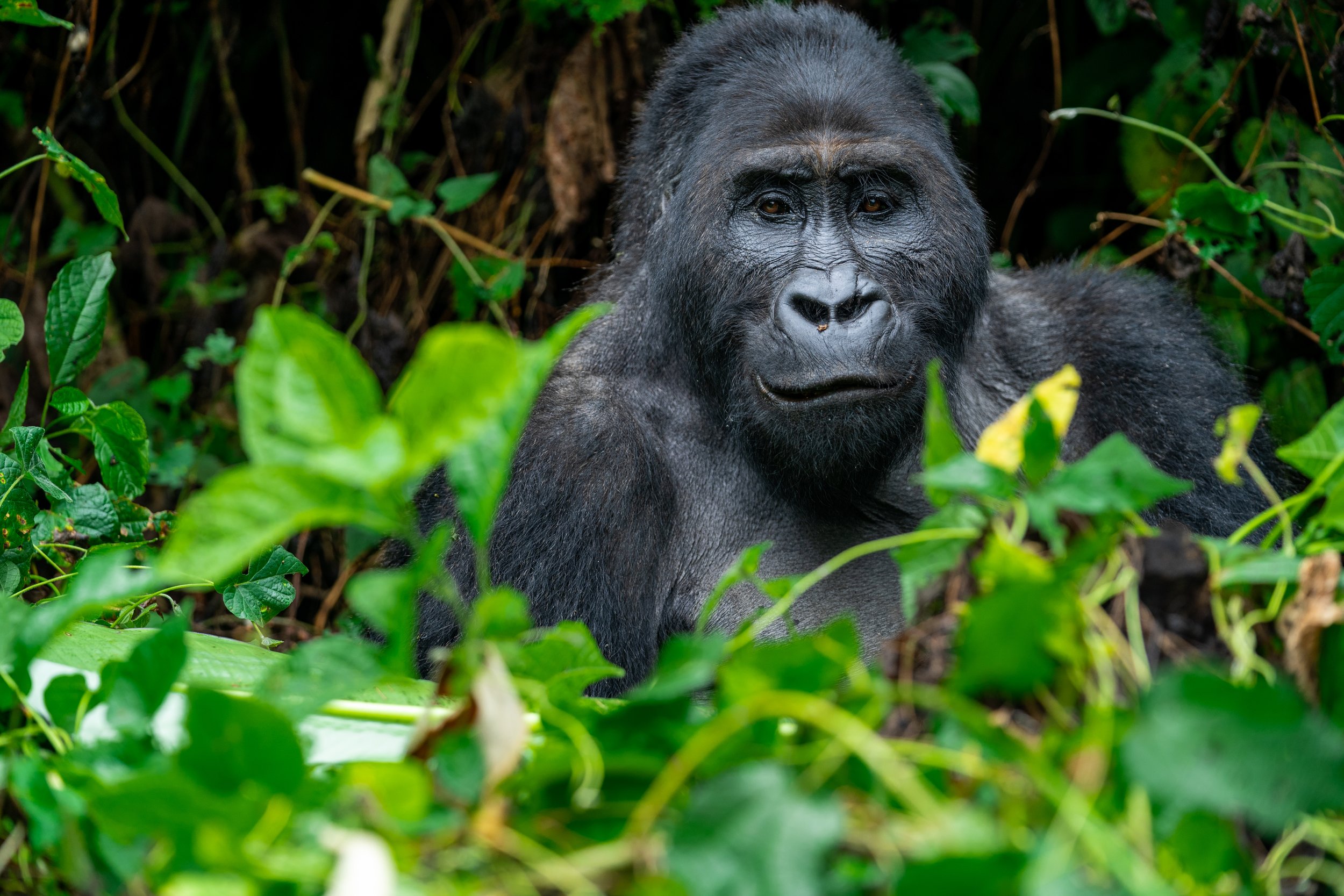
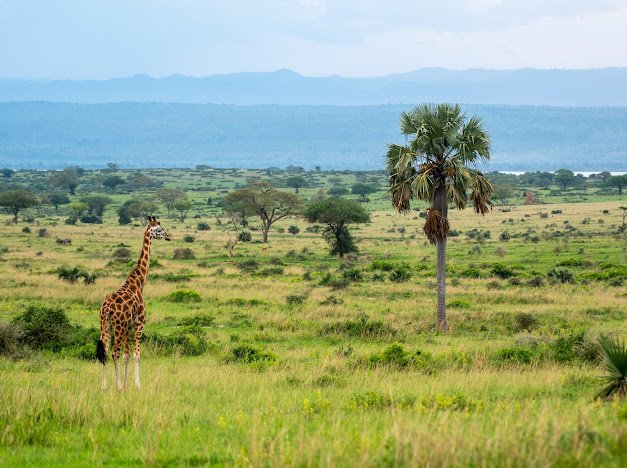
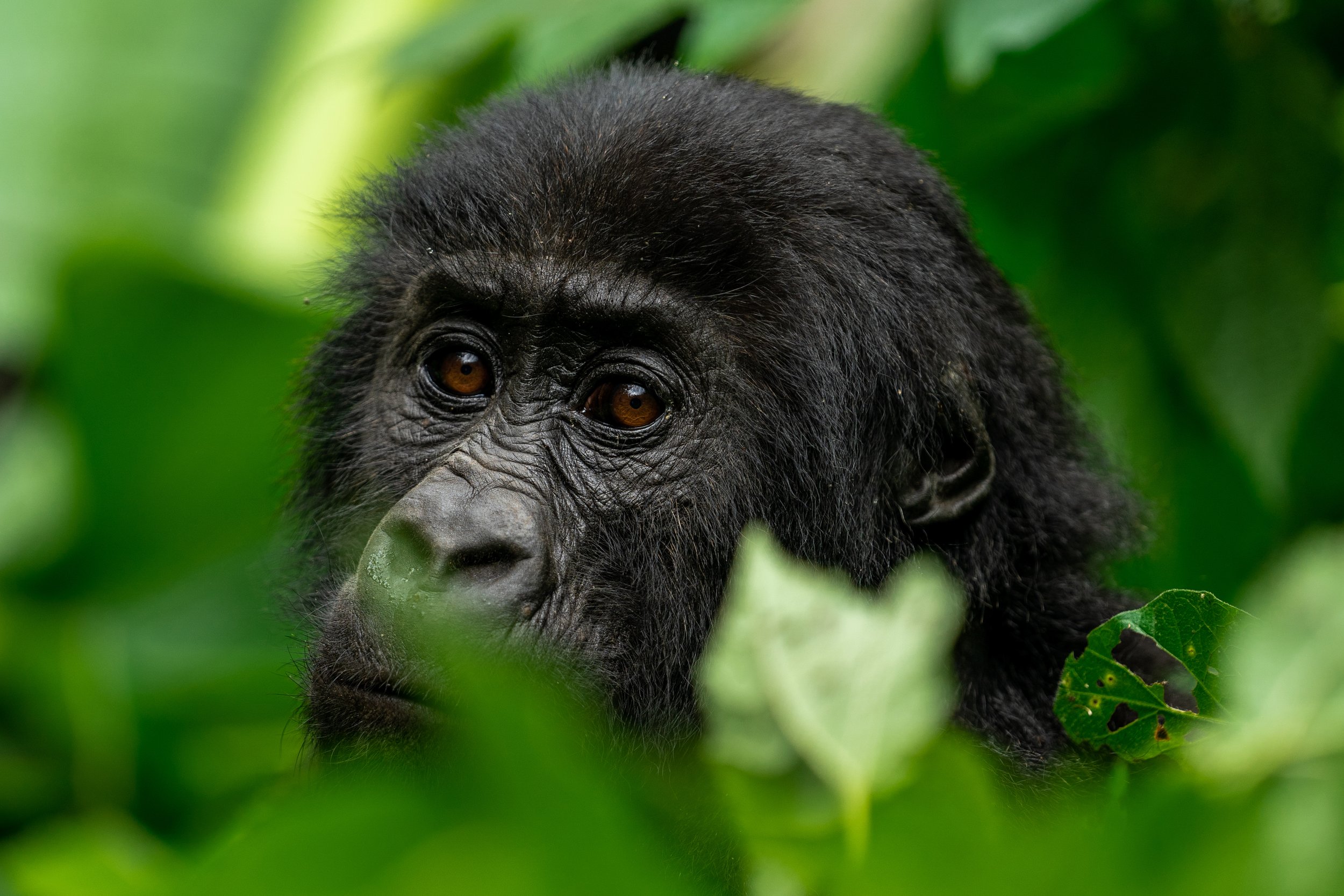
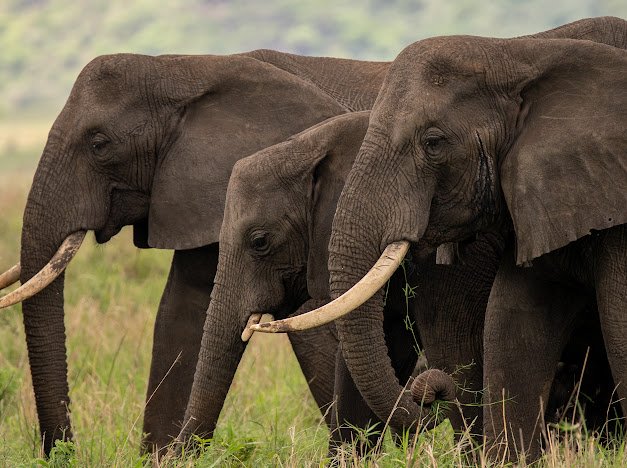
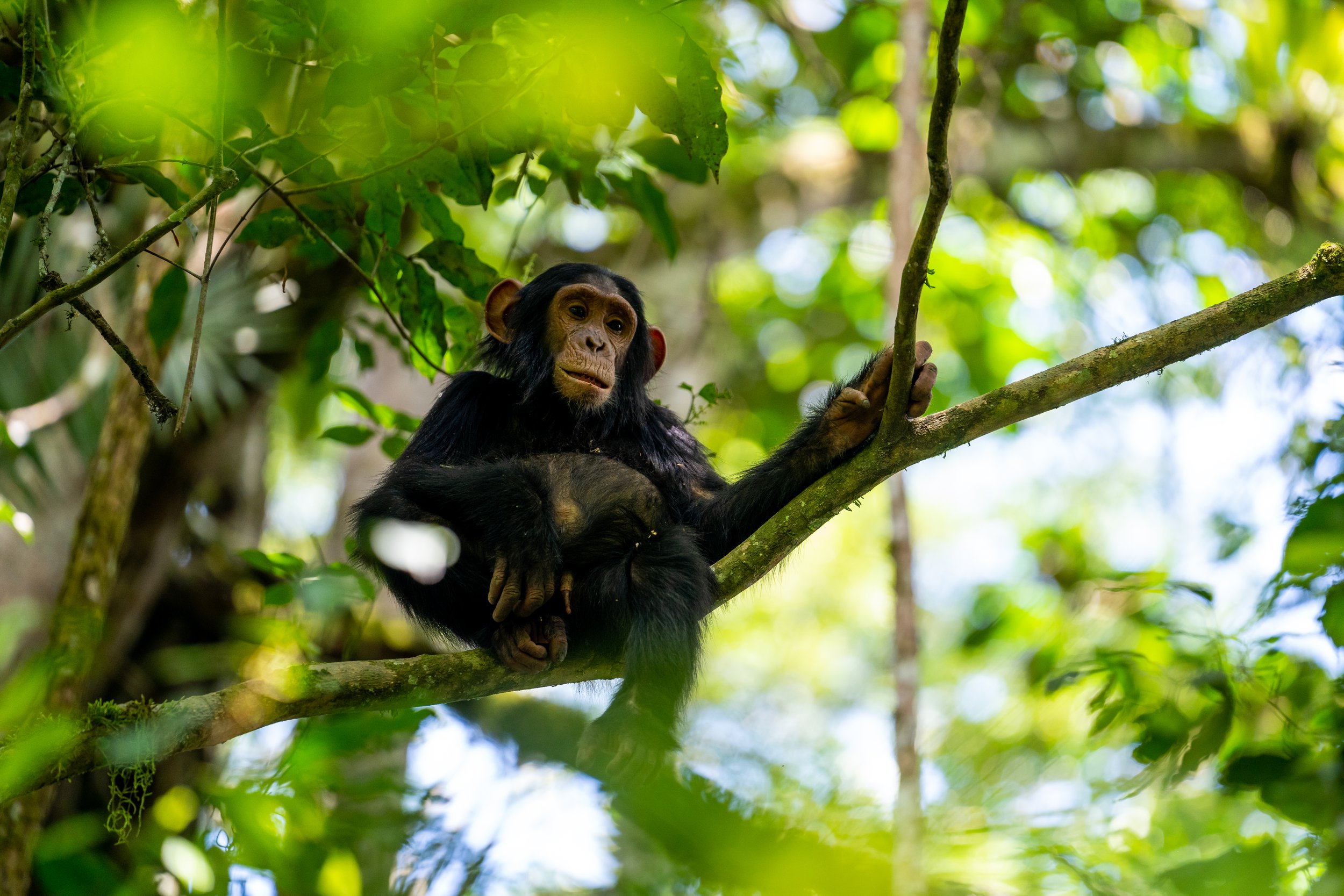
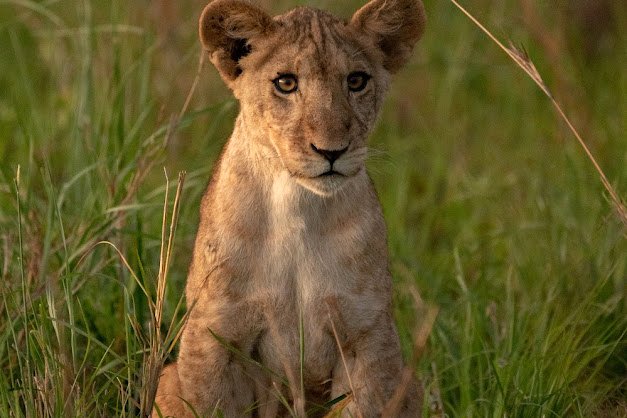
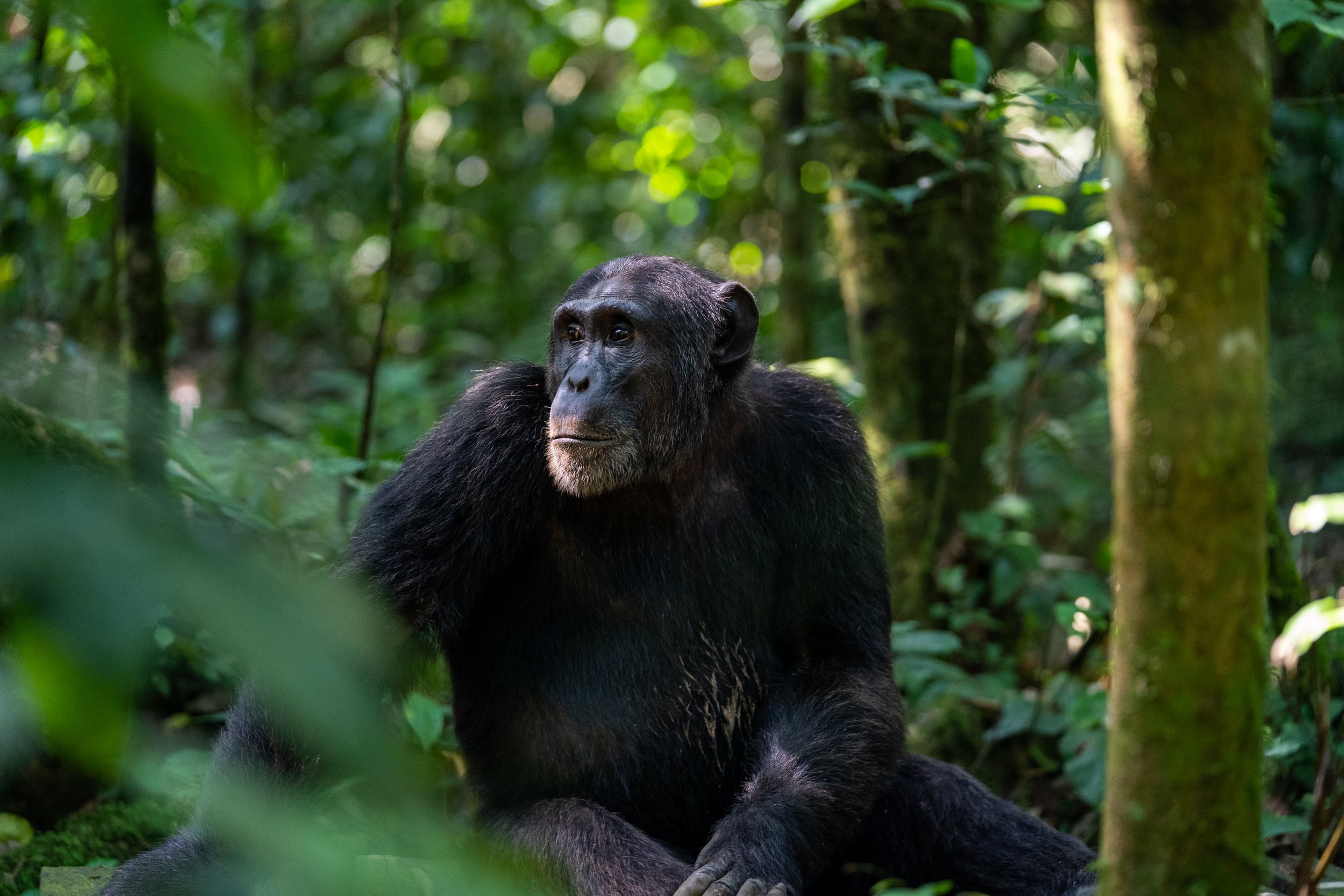
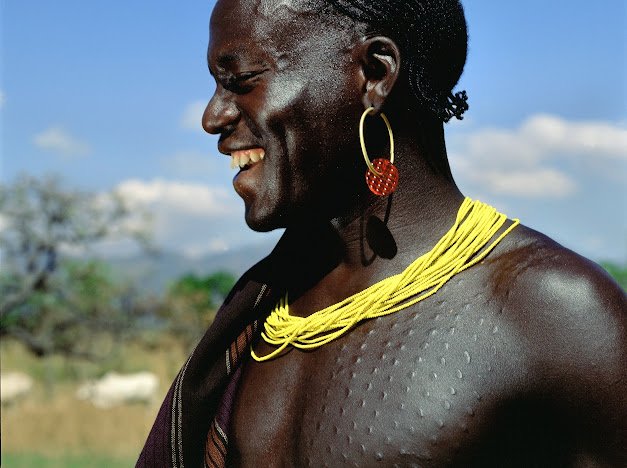
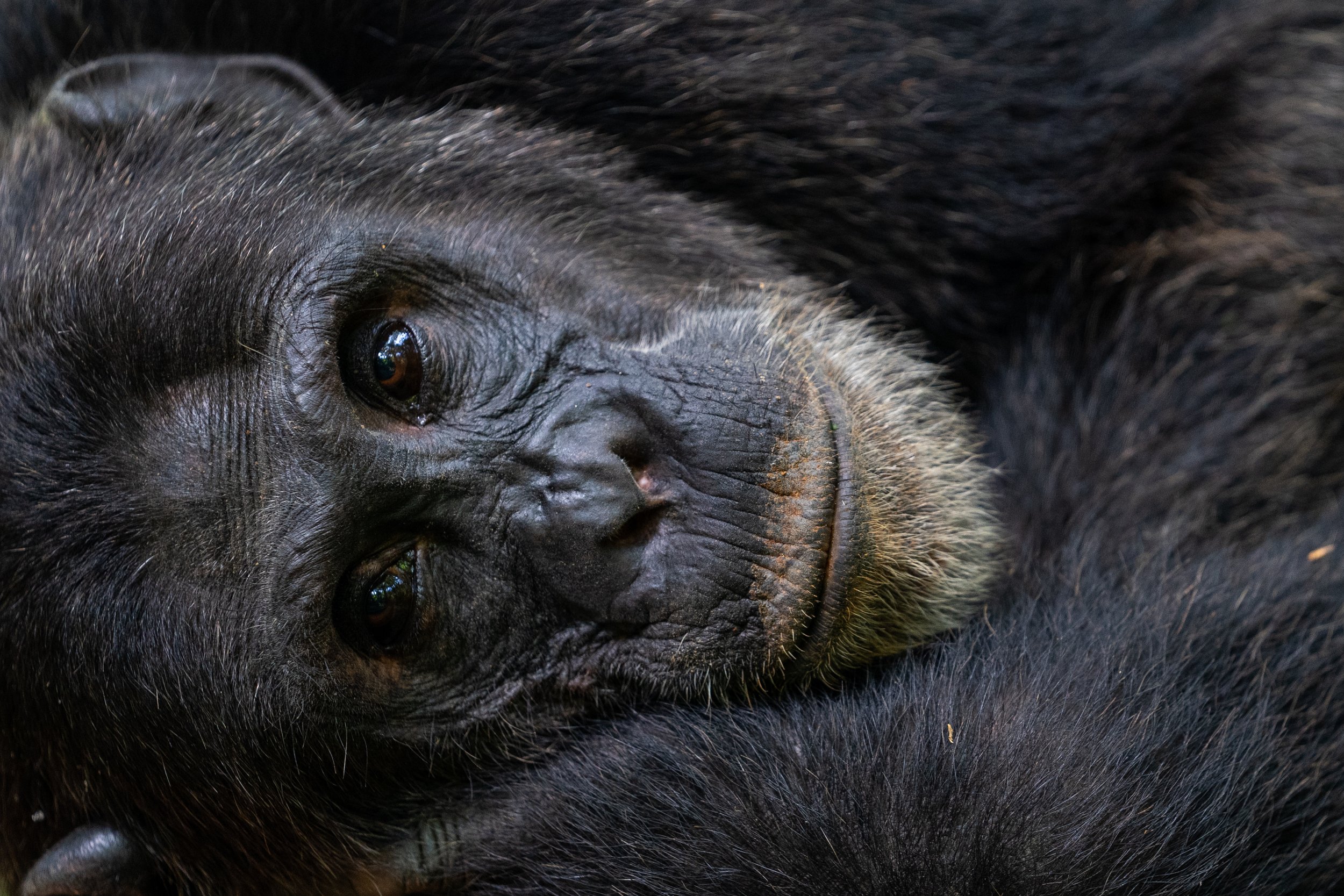
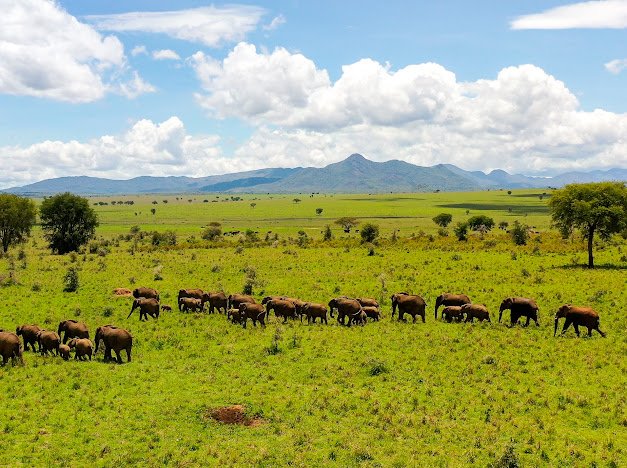
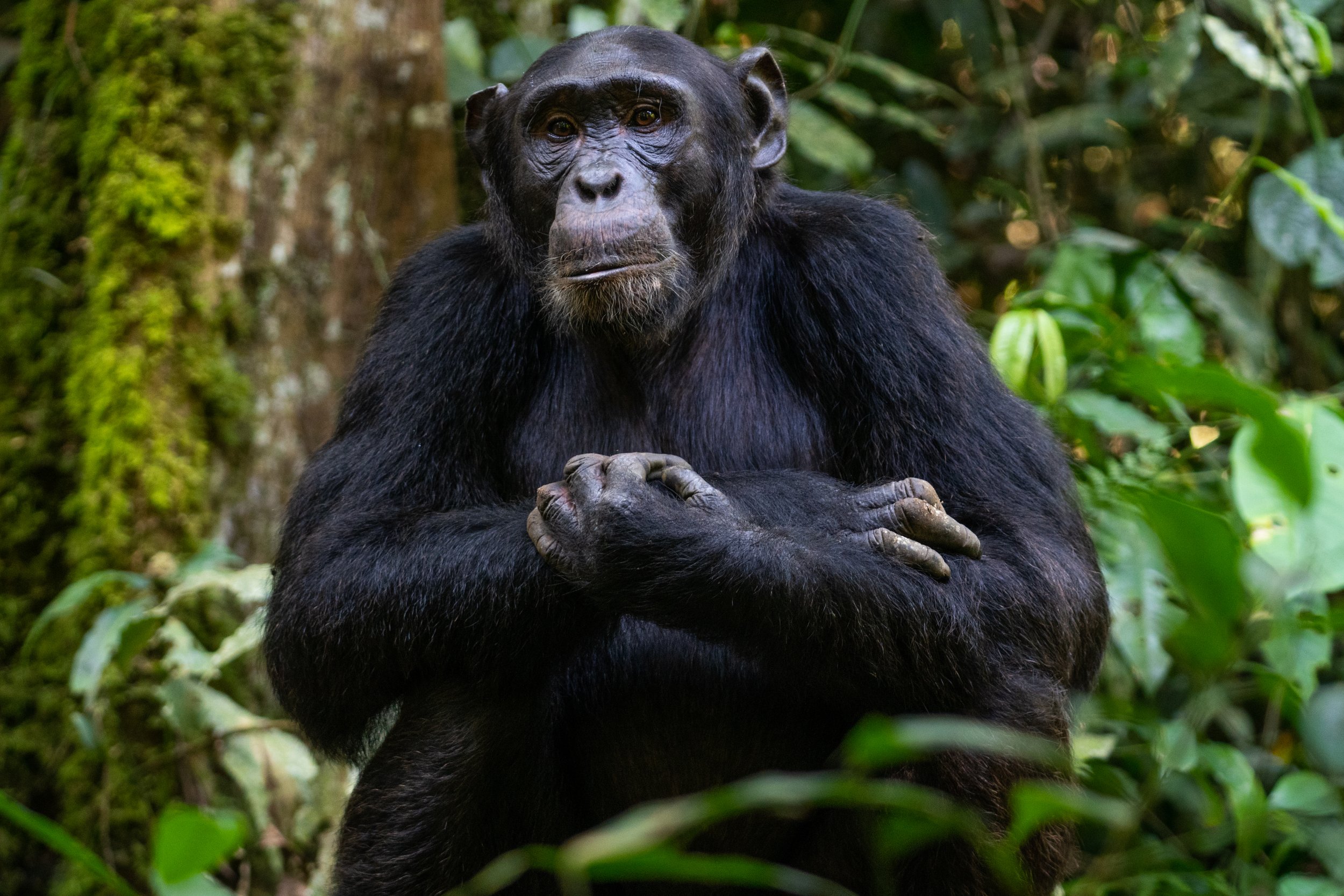
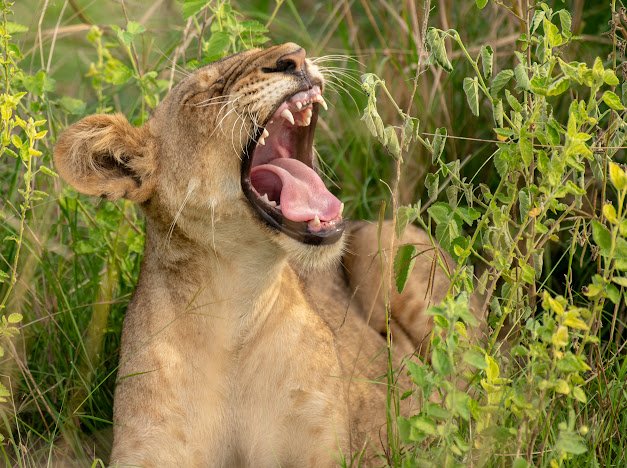
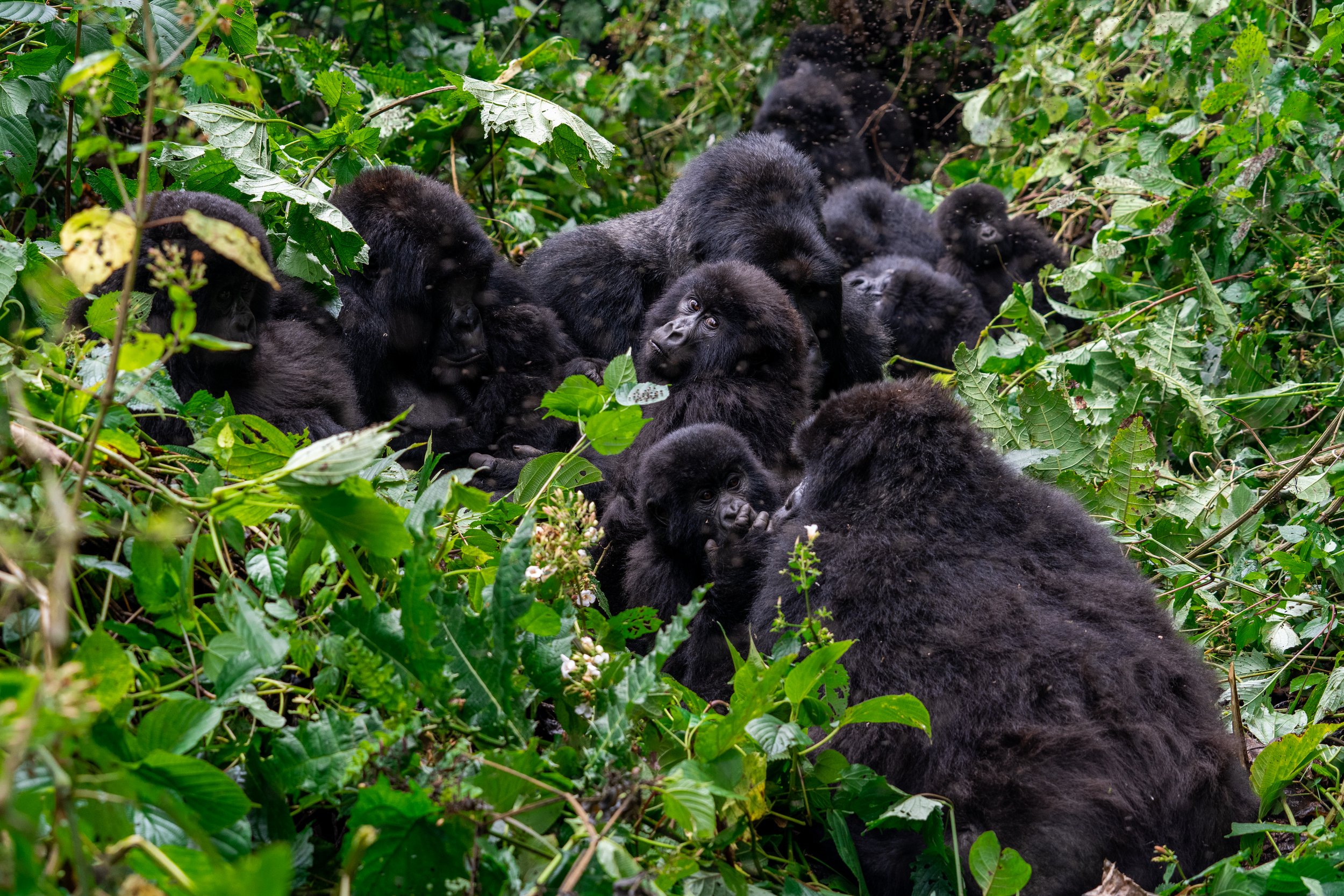
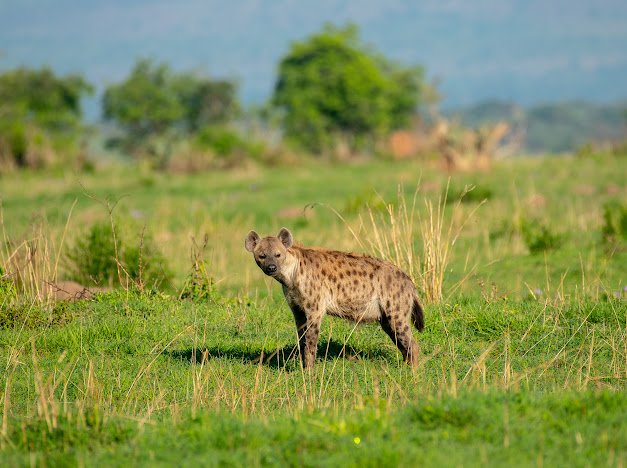
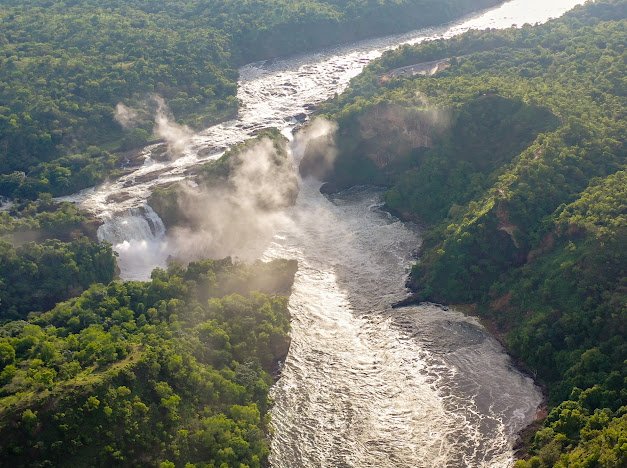
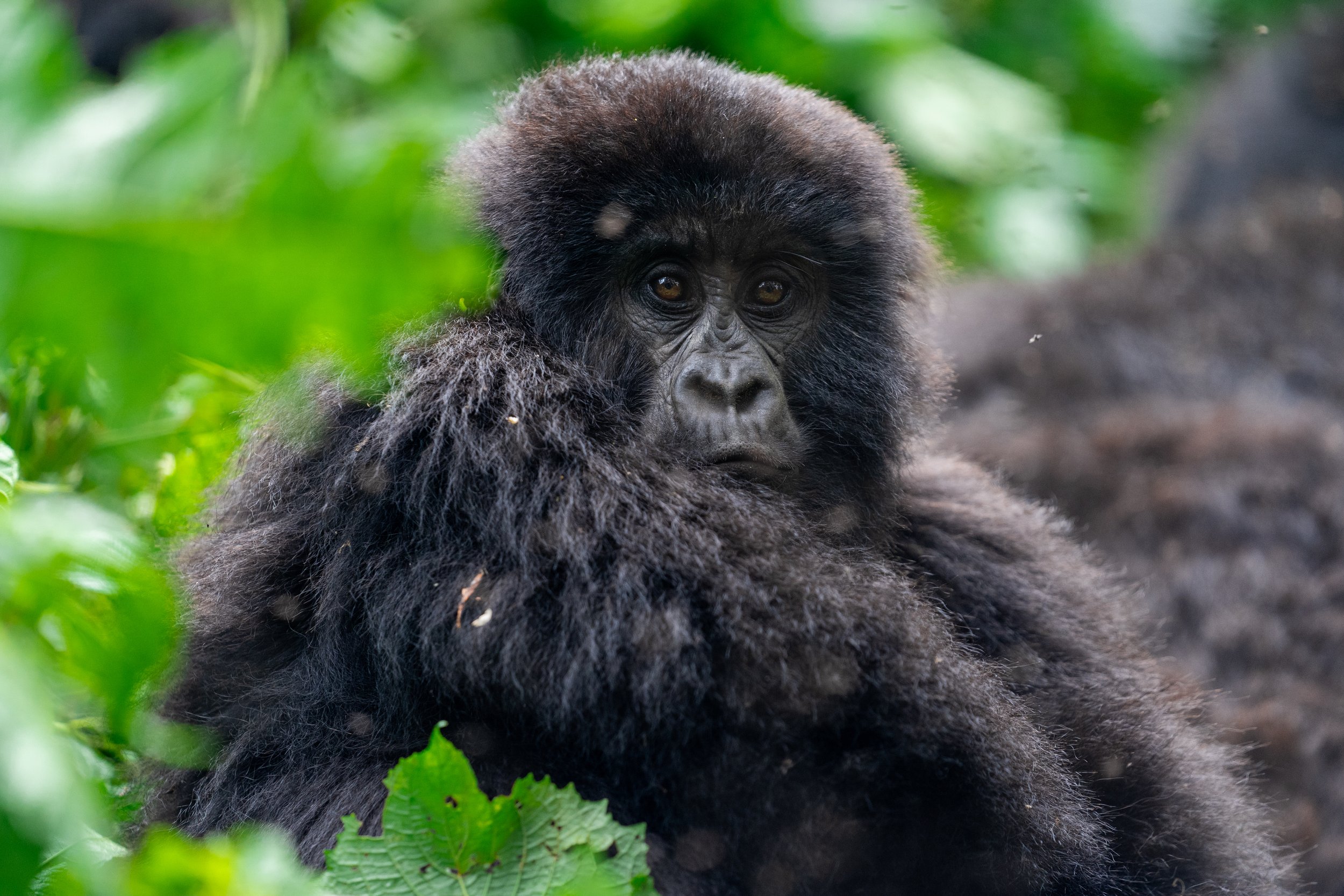
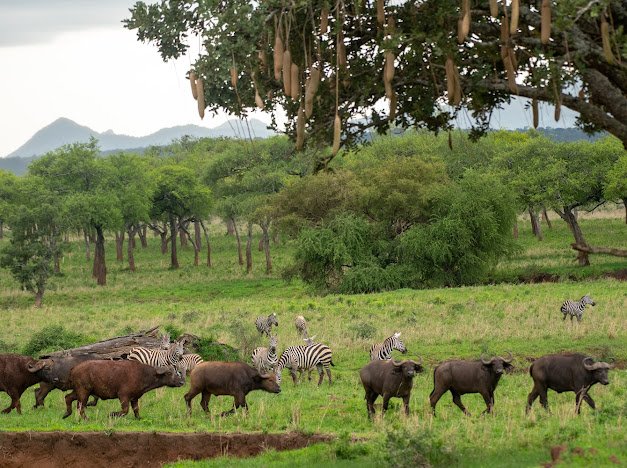
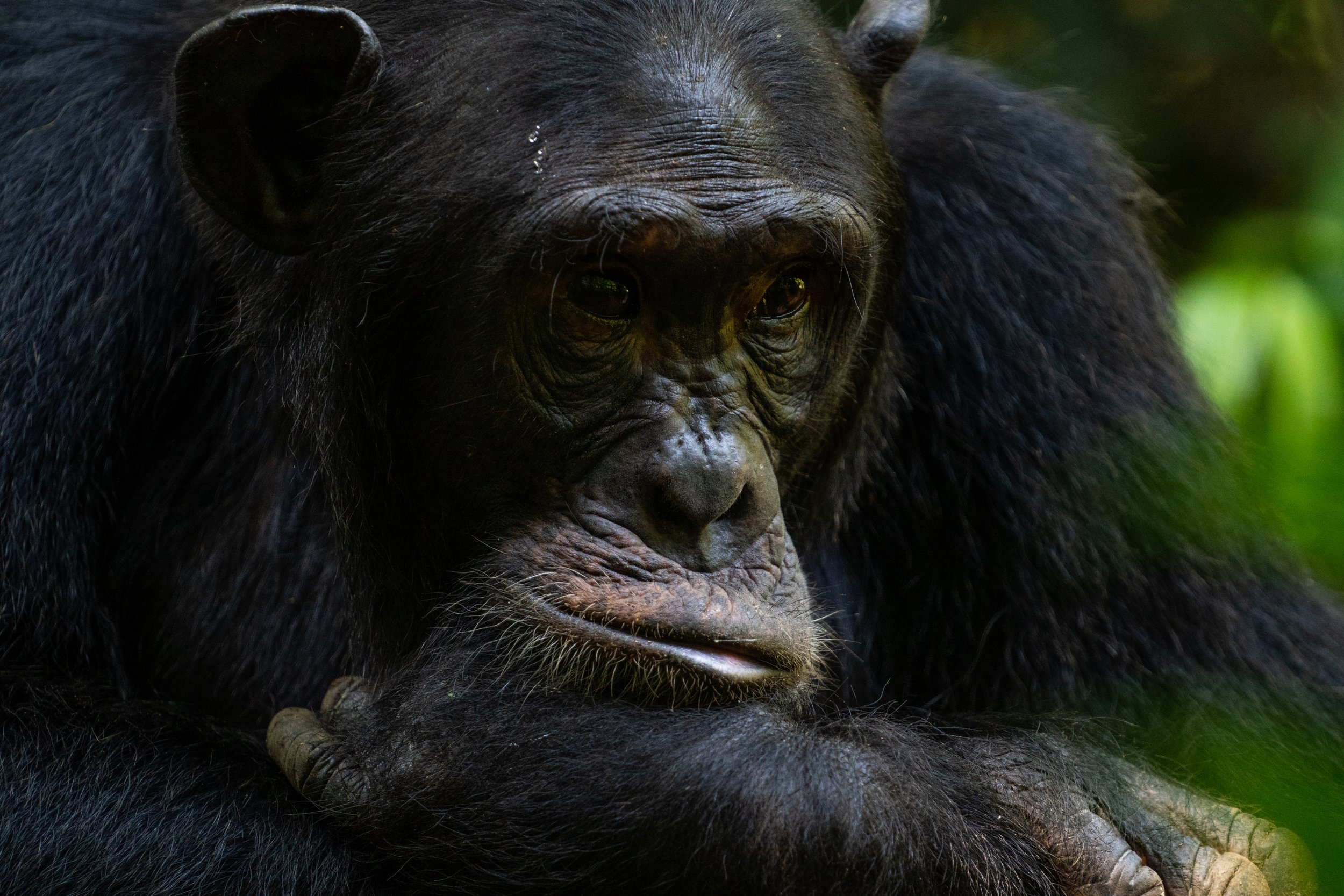
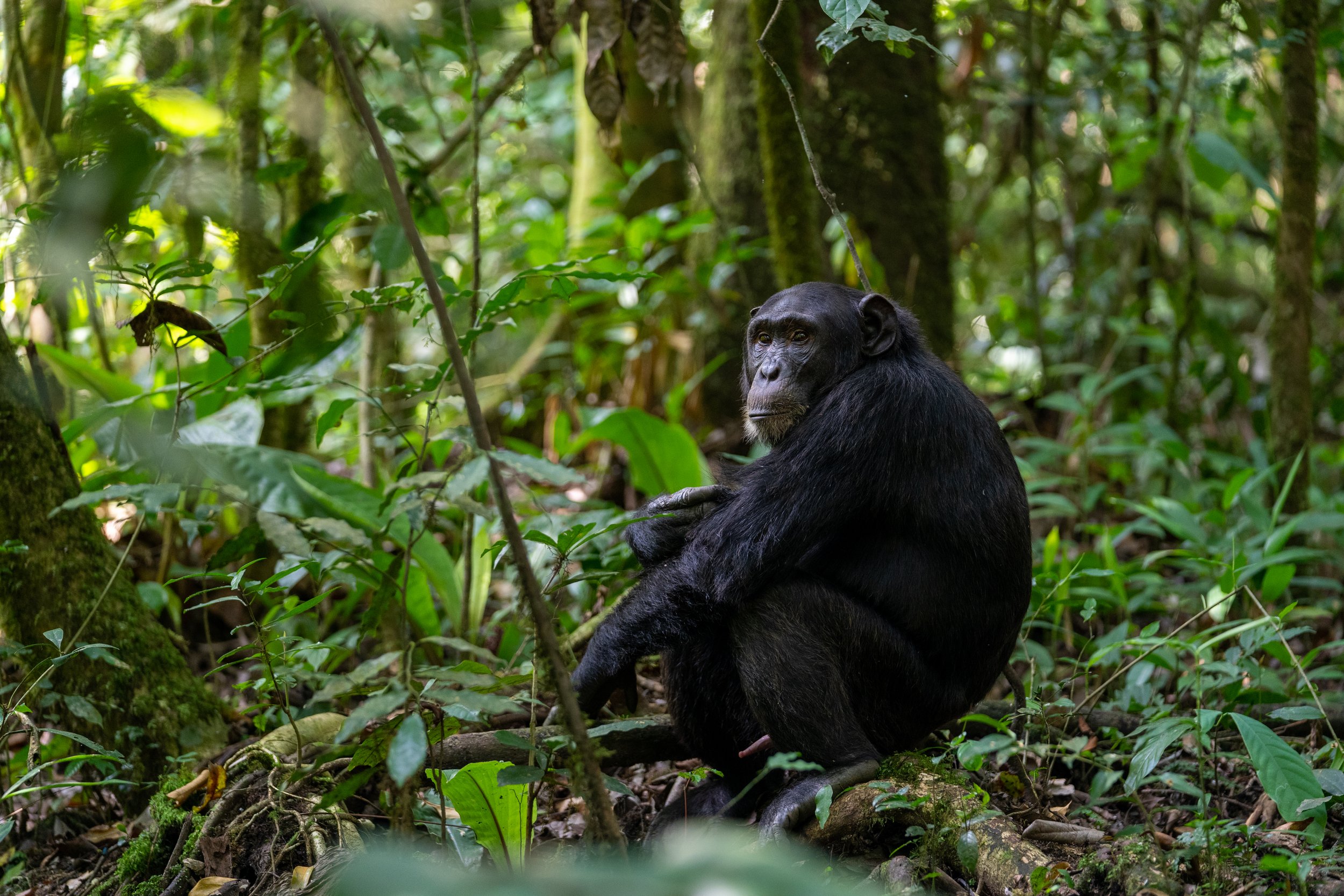
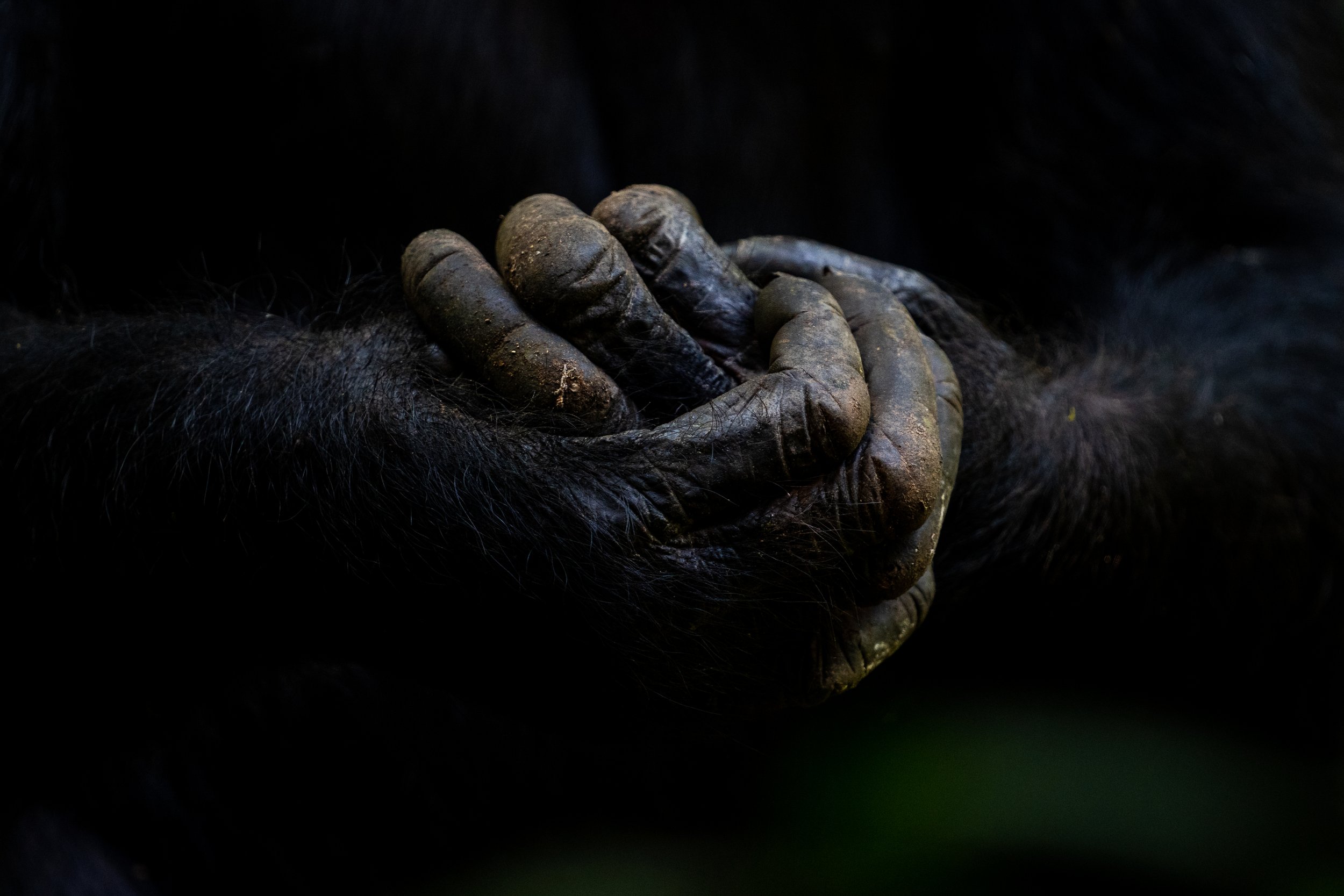
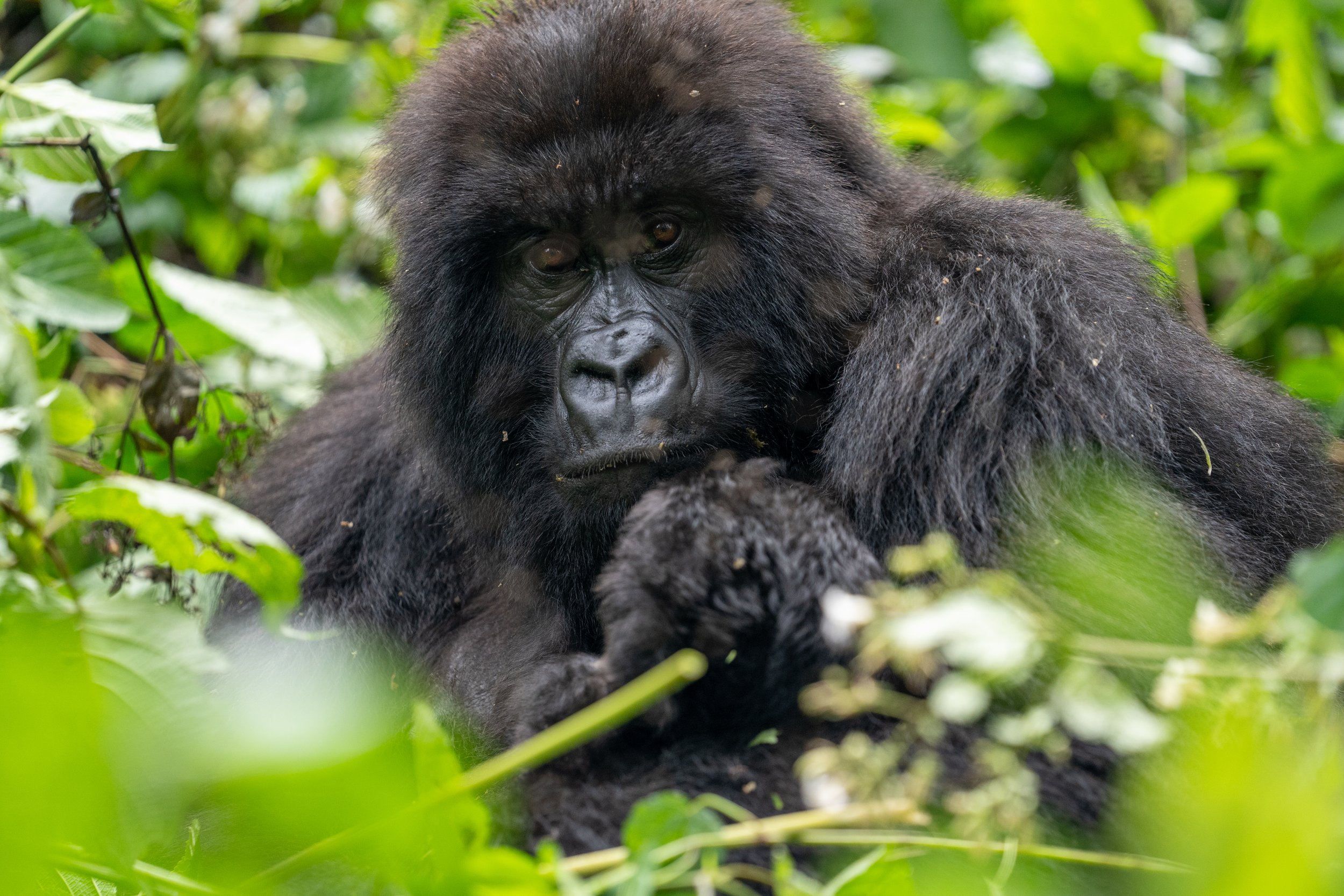
UGANDA: GREAT APE TREKKING + SAFARI AND TRIBAL CULTURES
This 8-day journey with a 6-day optional add-on extension combines mountain gorilla and chimpanzee trekking in the tropical rainforests of southwest Uganda with Big Five safari and tribal cultural exchange in the savannas of isolated northeast Uganda.
-
Main Trip: $4990 USD per person (based on shared accommodation).
Optional 6-Day Safari Extension in Kidepo: $2500 USD per person (based on shared accommodation).
Optional single supplement fee for the Main Trip: $700 for a single room.
Optional single supplement fee for the optional Safari Extension to Kidepo: $400 for a single room.
Includes:
Accommodations, three meals daily, guide, wildlife permits, ranger services, private transportation, all entrance fees, and payment processing fees by Visa/MasterCard.
Does not include:
Any flight tickets, personal spending, insurance, visa fees, additional food and drinks, tips for local staff, and anything not explicitly mentioned as included.
-
Main trip only: 8 Days / 7 Nights.
Optional Safari Extension to Kidepo: 6 Days / 5 Nights.
Full trip: 14 Days / 13 Nights including the extension.
-
Maximum 8 people, minimum 4 people.
-
Start from: Entebbe, Uganda.
End in: Kigali, Rwanda.
-
Moderate.
The physicality of this trip ranges from moderate to challenging, catering to travelers with a good level of fitness and mobility. The tour includes several activities that require physical exertion and endurance.
Nature Walks: This involves light to moderate walking on uneven terrain, suitable for most fitness levels.
Game Drives: These are generally not physically demanding, as they involve observing wildlife from a vehicle.
Hiking: The hike to Murchison Falls can be moderately challenging, involving walking on uneven and possibly steep terrain to reach the viewpoints. The hikes to Sipi Falls and the visit to the Ik tribe in the Morungole Mountains are the most physically demanding parts of the trip, requiring a reasonable level of fitness. These hikes involve navigating uneven and sometimes steep terrain for a few hours.
Chimpanzee Trekking in Kibale National Park: This activity is moderately strenuous, requiring walking through dense forest and uneven terrain, often for several hours.
Gorilla Trekking in Bwindi Impenetrable National Park: This is the most physically demanding part of the tour. It involves trekking through dense rainforest, and navigating steep, muddy, and uneven ground. The duration can vary from a few hours to a full day, depending on the location of the gorillas, and requires a good level of physical fitness.
Cultural Activities and Community Visits: These are generally light and involve walking around villages or participating in cultural activities, suitable for most travelers.
Additional Activities at Lake Bunyonyi: Activities like canoeing or quad biking require a moderate level of fitness.
Overall, while the tour is rich in experiences and adventures, it does require participants to be reasonably fit and comfortable with walking and hiking in various terrains. The most physically demanding activities are the primate treks, which are rewarding but can be challenging. Participants should be prepared for several hours of physical activity on some days.
THE LOCATION
Southwestern Uganda is a region of unique ecological importance and stunning natural beauty, characterized by its lush rainforests, rolling hills, and rich biodiversity. Home to the ancient Kibale and Bwindi rainforests, these protected national parks have become a haven for endangered mountain gorillas and chimpanzees.
Northeastern Uganda is an isolated yet spectacular region, sparsely populated by cattle-raising tribes. Kidepo is renowned for its exceptional biodiversity and the park's isolation contributes to a truly wild safari experience, with opportunities to see large herds of buffaloes, elephants, lions, cheetahs, and giraffes, often without other tourists.
However, the beauty and uniqueness of Uganda come with a fragility that requires careful management. The coexistence of wildlife and local communities presents challenges in conservation and sustainable development.
THE ACTIVITIES
Great Ape Trekking: One of the main highlights of visiting Uganda’s rainforests is the chance to track mountain gorillas and chimps. You navigate through dense forests to observe these incredible animals in their natural habitat. We do two days with the gorillas and one day with the chimps.
Safari: In Kidepo, you venture into one of Africa's most untouched wildernesses, coming face-to-face with wildlife, including cheetahs, caracals, lions, elephants, hyenas, and more amidst vast, crowd-free savannahs.
Culture: You hike to the lands of the secluded Ik tribe in the Morungole Mountains, stay in a traditional manyatta cattle camp among the Karamojong, and learn to cook foraged foods with the displaced Batwa community in Bwindi. These activities all directly support local families.
THE PEOPLE
The Karamojong, pastoralists by tradition, center their culture around cattle, which are vital to their economy and social structure. Their society, characterized by colorful beadwork, vibrant dances, and music, is structured around age sets and clans. The manyatta, a traditional homestead, comprises circular huts made of wood, mud, and thatch, serving as both a family dwelling and a social center.
In the Bwindi region, the Batwa people, traditional forest dwellers with deep forest ties, face challenges due to their displacement following the creation of the National Park for gorilla conservation. This has led to significant cultural and socioeconomic shifts as they adapt to life outside their ancestral forest home.
THE COST
The total cost of the main trip is $4990 USD per person with a group size of 4-8 individuals in shared rooms. The total cost of the optional extension to Kidepo is $2900 USD per person with a group size of 4-8 individuals.
The trip includes three meals daily, accommodation, guides, private transportation, wildlife and national park permit fees, ranger support, drinking water, and payment processing fees by Visa/MasterCard.
The cost does not include any flight tickets, visa fees, personal spending, insurance, additional food and drinks outside of mealtimes, tips for local staff, and anything not explicitly mentioned as included.
-
You’ll be met upon arrival at Entebbe International Airport in Uganda by your local team ready to explore. The first day is an arrival day where you can enjoy wonderful food and a relaxing atmosphere just outside Entebbe.
Overnight: Pineapple Guesthouse
-
Today’s activity begins with a drive to Jinja to enjoy a full day of adventure and fun white water rafting on the Nile River. You’ll paddle up to grade 5 rapids and enjoy the camaraderie and excitement of being in this incredible environment with new friends. Your day ends with a relaxing evening at a lodge, where you can unwind and enjoy the natural beauty of the area.
Overnight in Jinja.
-
Today brings you deeper into the cultural heartland of Uganda as you drive to Moroto. Here, you'll immerse yourself in the unique culture of the Karamojong people. Staying in a traditional manyatta offers an authentic experience of the Karamojong lifestyle. Interact with the community, learn about their pastoral traditions, and participate in cultural activities. This cultural immersion provides a rare opportunity to connect with and understand the customs and daily life of the Karamojong people.
-
Embark on a journey to Kidepo Valley National Park, one of Uganda's most remote and spectacular wildlife reserves. In the evening, experience the thrill of a game drive. The park, known for its diverse array of wildlife and stunning landscapes, provides an excellent opportunity to spot elephants, giraffes, lions, and other wild animals in their natural habitat.
Upon arrival in Kidepo Valley National Park, you'll find yourself in a vast wilderness that ranks among Africa's most magnificent parks. This isolated park, located in the northeastern corner of Uganda, is celebrated for its raw and untouched beauty, characterized by wide savannah landscapes, rugged mountain scenery, and an abundance of wildlife.
Your first foray into this wilderness will be an evening game drive. As the heat of the day fades, animals become more active. This drive presents an opportunity to see some of the park's diverse inhabitants, including large herds of buffalos, elephants gracefully traversing the plains, and possibly lions or leopards as they begin their nocturnal hunts. The park’s unique location and lesser-visited status give it a truly wild feel, offering a more private and intimate safari experience.
Wildlife in Kidepo: Kidepo is home to a remarkable array of wildlife, some of which are found nowhere else in Uganda. This includes species such as the cheetah, caracal, aardwolf, greater and lesser kudu, eland, and more. The park is also a haven for bird enthusiasts, boasting over 475 bird species, including the rare Karamoja apalis and the Abyssinian roller.
-
Today is dedicated to a cultural visit to the Morungole Mountains, home to the Ik tribe. This full-day excursion allows you to spend time with one of Uganda's most isolated tribes, offering a unique insight into their way of life and traditions. The visit to the Ik tribe is both a cultural immersion and an opportunity to experience the breathtaking beauty of the very remote Morungole Mountains. Although only 90 kilometers away from Kidepo, the drive takes about 2.5 hours each way to reach these remote mountains.
-
An early morning game drive before breakfast allows you to experience the park at dawn, a magical time as the first light illuminates the landscape. Morning drives provide excellent opportunities to observe nocturnal predators before they retreat from the daytime heat, as well as a chance to witness the waking routines of the park’s diurnal inhabitants.
Spend the rest of the day delving deeper into Kidepo's treasures. You might explore the Narus Valley, where wildlife congregates near the wetlands, making it a hotspot for game viewing.
Safari Dynamics: Game drives in Kidepo are conducted in 4x4 safari vehicles, allowing for off-track adventures to get up close with wildlife. With expert guides who have in-depth knowledge of the park’s ecosystems and animal behaviors, these drives are not just about seeing wildlife but understanding their habits and roles in the natural world. The park’s relative remoteness means fewer tourists and more exclusive wildlife viewing experiences.
-
For those participating in the add-on, your day with an early morning departure from Kidepo Valley National Park. This journey takes you through some of Uganda's most picturesque landscapes, offering a glimpse into the country's diverse regions. The drive to Entebbe is long, approximately 10 hours, so an early start is essential to make the most of the day.
For those starting the trip today, you’ll be met upon arrival at Entebbe International Airport in Uganda by your local team ready to explore. The first day is an arrival day where you can enjoy wonderful food and a relaxing atmosphere just outside Entebbe.
Overnight: Pineapple Guesthouse
-
After breakfast and a calm morning, you travel overland to Kibale National Park, the primate capital of East Africa. The drive takes about 6-7 hours depending on traffic leaving Entebbe. You have lunch en route.
Upon arrival, you visit a local tea estate in the late afternoon to observe tea cultivation as Uganda is a major producer and exporter of black tea.
-
You’ll depart the lodge in the early morning to head to the entrance to Kibale National Park’s chimpanzee sector. Here you’ll meet our closest genetic relatives, the chimpanzees, and observe other primates and diverse birdlife in their natural habitat. Led by a Ugandan wildlife ranger from the park, you will carefully and responsibly track these animals, observe their behavior, find their sleeping nests in the trees, and, if lucky, watch them as they descend to the ground to socialize and forage.
In the afternoon you’ll embark on a swamp walk in Bigodi, showcasing rich biodiversity, followed by participating in a community-led local food preparation, tasting organic Ugandan delicacies in the late afternoon. Here, you can learn about traditional cooking methods from local women.
-
You’ll depart Kibale in the morning, embarking on a scenic drive to Queen Elizabeth National Park through Uganda’s picturesque countryside. Upon arrival, you’ll engage with local salt miners who demonstrate traditional mining techniques, offering an authentic glimpse into their daily lives and cultural heritage.
Next, you’ll visit a serene lake adorned with vibrant flamingos, where you can marvel at these graceful birds feeding and socializing in their natural habitat. In the afternoon, guided by an experienced park ranger, you’ll embark on a leisurely game drive through the park’s diverse landscapes. Keep watch for elephants, lions, buffalo, and an array of other wildlife that inhabit this remarkable ecosystem.
This leisurely day provides a perfect blend of cultural immersion and wildlife observation at a relaxed pace, allowing you to unwind before the exciting gorilla trekking adventures ahead.
-
Travel overland, south to the enchanting Bwindi Impenetrable National Park, with a lunch stop in Kabale. The evening is dedicated to the Batwa community experience, where you'll gain insights into the indigenous culture and traditions, followed by a homestay experience, embracing local hospitality.
-
Experience the highlight of the trip – trekking through Bwindi's rainforest to encounter the majestic mountain gorillas. This unforgettable journey balances ecological sensitivity with the thrill of observing gorillas in their natural habitat. You’ll begin just after sunrise, to meet the rangers and have a safety briefing before starting out into the dense jungle. Bushwhacking through, you’ll hike for several hours to find the gorillas, who are carefully monitored by rangers. Once you locate the family, you’ll get one hour to fully observe them. The experience is beyond special.
Post-trek, head to Lake Bunyonyi for activities like canoeing, island boat rides, or quad biking, based on arrival time.
-
After breakfast, you drive to Kigali, the capital of Rwanda. The drive from Bwindi takes 4-5 hours.
Overnight at the Peponi B&B.
-
Deparures from Kgali, no activities planned. We will arrange an airport transfer based on your flight departure time.
The following itinerary is meant to serve as a guideline for the trip, rather than an exact play-by-play. As is true of all inertia experiences, we leave room for sporadic interactions, unforeseen opportunities, and time buffers to compensate for unexpected scenarios.
Track mountain gorillas in the fabled Bwindi Impenetrable Forest.
Work with Ugandan park rangers on engaging a new family of chimpanzees during the Chimpanzee Habituation Program.
Track wild chimpanzees in the Kibale Rainforest.
Participate in a community cooking and culinary activity with the displaced Batwa people in Bwindi.
Go whitewater rafting on the Nile River in Jinja.
Stay at a traditional Karamojong manyatta thatched hut cattle camp in northeast Uganda.
Safari in Kidepo Valley National Park, Uganda’s top savannah wildlife region in the remote north of the country near Kenya and South Sudan.
Hike in the Morungole Mountains to visit the Ik tribe, Uganda’s smallest ethnic group.
SPECIAL GROUP TRIPS
All special group trips are limited to a fixed maximum and a minimum number of participants (2~8 people) to ensure a safe, intimate, and sustainable experience with an expert local guide and special trip leader.
Want to travel independently or don’t see dates that work with your schedule?
Contact us to arrange a private trip instead.
-
You will sleep in a mix of guesthouses, homestays, and wildlife lodges during the trip. All accommodations are clean and comfortable but also locally-owned and operated as a big part of our mission is to be as socially and environmentally responsible as possible.
-
Uganda is generally safe for tourists, but like any destination, it's important to take standard safety precautions. Be aware of your surroundings, avoid walking alone at night, and keep valuables secure, especially in urban areas including Kampala, where robberies, pickpockets, break-ins (including in hotels), phone snatching, and muggings are relatively common.
-
The best times are during the dry seasons, from June to September and December to February, which are ideal for wildlife viewing and gorilla trekking.
-
Vaccinations for yellow fever are mandatory. It's also recommended to get vaccinations for typhoid, hepatitis A and B, and routine vaccinations updated. Consult with a travel health clinic for the most current advice.
-
Most foreign nationals require a visa to enter Uganda. Visas can be obtained on arrival for some nationalities, but it's recommended to apply in advance through Uganda's online e-Visa system. Always check the latest requirements for your specific country before traveling.
-
Mountain gorillas can be seen in Bwindi Impenetrable National Park and Mgahinga Gorilla National Park. Treks should be arranged in advance as permits are limited. The current permit fee is $750 USD per person per trek. Bookings should be done through reputable and responsible operators. We include the mountain gorilla and chimpanzee trekking permits on all of our trips.
-
The Ugandan Shilling (UGX) is the local currency (the average trading rate to the USD is between 3600-3800 UGX over the last 5 years or so). Credit cards are accepted in major hotels and some businesses in urban areas, but cash is preferred in rural areas.
-
Dress modestly, especially in rural and religious areas. Always ask permission before taking photos of people. Handshakes are common when greeting, and using the right hand is considered polite.
-
This is a moderately rugged trip that involves multiple day hikes in dense bush and jungle, often times not on a path (of between 2-5 hours per trek). As long as you are physically and mentally ready to handle this, then you can do this trip.
-
The local cuisine in Uganda features fresh vegetables, rice, meat, bananas, cassava, greens, and beans. Tailoring our meals for vegetarians and vegans is not very difficult as long as we know in advance.
It's a good idea to communicate your needs in advance or carry your own snacks.
-
Driving times and road conditions in Uganda can vary greatly. WHile the highways are all paved and ver well maintained, rural roads are mostly dirt. You can expect a total amount of driving time of around 20 hours over the course of this 9-day trip.
-
You can check out our suggested packing and preparation guide to Uganda here.
-
Malaria is prevalent across Uganda, even in the dry season. Prophylactic medication is recommended, along with using mosquito nets and insect repellent. Malaria treatment is widely available in Uganda, but preventative medications are much harder to find.
-
International roaming is available, but purchasing a local SIM card is often more economical. Wi-Fi is available in hotels and some cafes in larger cities, but connectivity can be limited in remote areas. Mobile data is more prevalent than actual wifi zones and local plans are cheap and decently reliable. You can get a SIM card and data plan at Entebbe Airport.
-
Besides malaria, there's a risk of waterborne and foodborne diseases. Drink bottled or treated water and eat well-cooked food. Access to medical facilities can be limited, especially in rural areas.
-
Support local businesses, respect wildlife and natural habitats, minimize waste, use water sparingly, and be culturally sensitive and respectful.
-
Always ask for permission before photographing people. Avoid taking pictures of military, government buildings, and airports. Be respectful and sensitive to local cultures.
-
Drone usage requires permission from the Civil Aviation Authority (CAA) in Uganda. It's illegal to fly drones in national parks without specific permission from the Uganda Wildlife Authority. While it may be possible to sneak a drone into Uganda, as not all bags are scanned carefully, you should be aware if your drone is discovered by Ugandan customs it will be confiscated and held in storage in the airport. You can collect it again as long as you are flying out of the same airport internationally.









